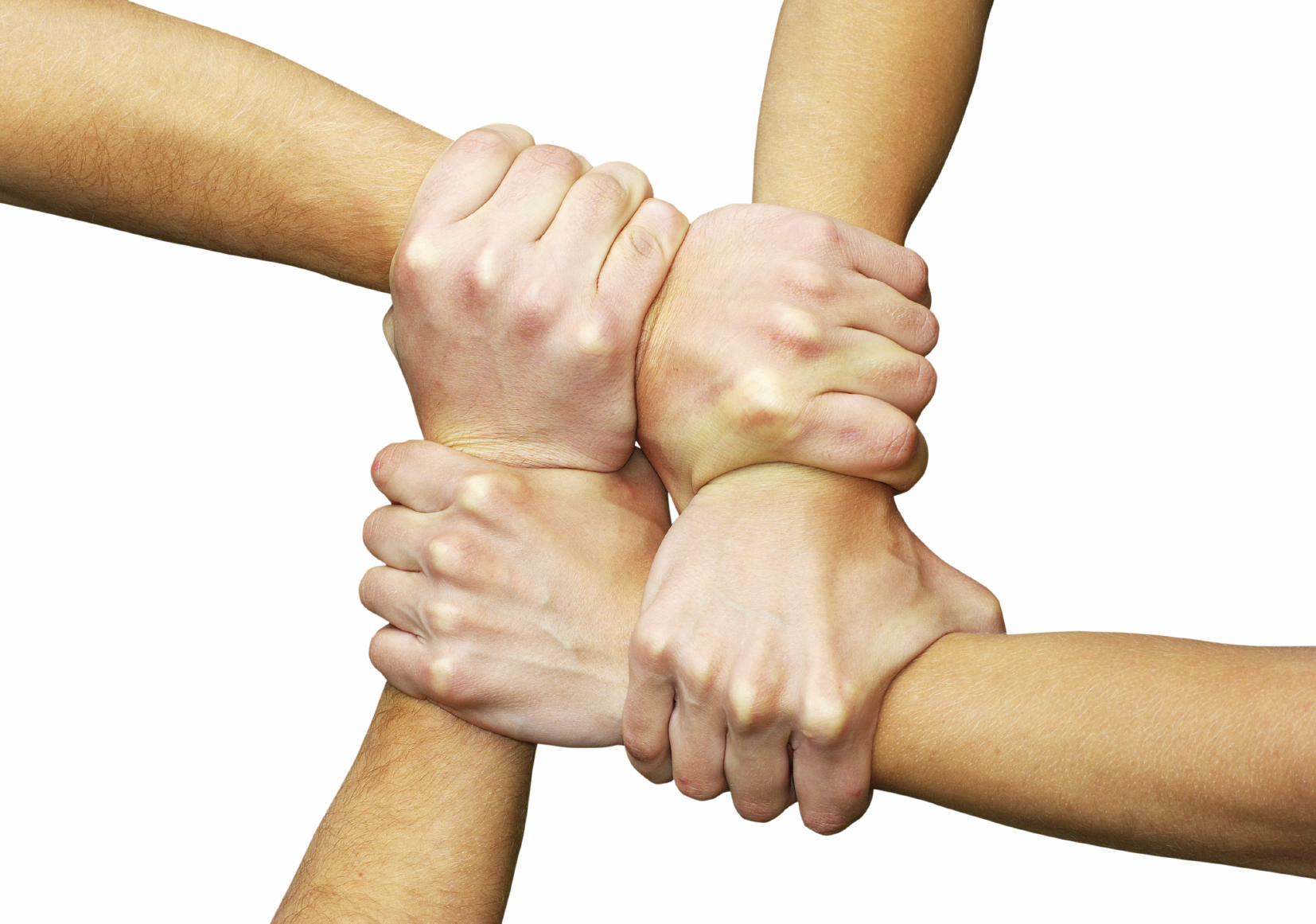Regarding Frith
Frith is frequently translated as ‘peace,’ but it is not quite so easily defined. There is no single term in the English language that matches its original meaning precisely. This creates a challenge, because this concept is one of the most fundamental concepts in Heathenry. Every interaction stands in some relation to frith, which means that it is the lens a Heathen uses to understand the world around them. In order to properly understand every other concept in the arch-Heathen’s worldview, one must also understand frith.
Frith is a state of mutual selflessness.
It describes the closest relationship a person can have with another person. Frith is synonymous with the feeling of kinship itself. It is some combination of peace, love, security, joy, delight, gentleness, loyalty, trust, and affection. It is a concept with a huge depth of implication. It is also universal in that an individual need not be Heathen to enjoy its fruits.
Everything must give way to frith. All other obligations, all considerations of self, even your thoughts of personal dignity are secondary to the obligations of frith. For instance, a Heathen’s job starts to trouble him, thus he has a decision to make: quit or stay. However, he has no right to make that decision based on how he feels or according to his opinion alone. The job may have become demeaning or require him to do something that goes against his personal ideals or standards. Despite this, he *must* consider his wife and children in this decision. If it is better for the family that he gut it out and continue working, then that is what he must do. He doesn’t have to like it, but his actions must be on behalf of, and to the benefit of his family/inner-yard.
Frith defines the relationship Heathens have with their inner-yards. Kinsmen protect and strengthen one another and all action is devoted to this purpose. A strong connection allows two kin to share strength. One should prefer to fight a dozen individual men, rather than two brothers. For when you strike against one brother, the other becomes emboldened. These kinsmen may even appear incapable of independent action.
Frith is the foundation of a Heathen worldview. This foundation was so fundamental to the life of the arch-Heathen that violations of frith were rarely codified in law. This is because actions against the inner-yard were thought to be virtually impossible. You can and should disagree with your kinsmen on occasion (I certainly do), but the result should simply be a new understanding. You may even strike at a kinsmen in anger, but you are not trying to destroy that person. A frith-breaker was, to the arch-Heathen, the most despicable of villains.
A Heathen must put a working knowledge of frith to use. Measure relationships with it and discover and determine the depth of your bonds with those around you. Remembering that, above all, frith is reciprocal. It is *mutual* selflessness. If you feel these deep bonds with someone you call brother, they should feel the same way about you. They must put your needs above their own as you do for them. They must be ready to take arms in your defense as you would for them. They must enrich your life as much as you enrich theirs. You should feel an empty place in your soul if they were to disappear. Your inner-yard will be that much weaker if that person wasn’t a part of it.
Further Reading:
[wpfilebase tag=fileurl id=1 linktext=’ The Culture Of The Teutons, Vol 1 by V. Gronbech’ /]
[wpfilebase tag=fileurl id=2 linktext=’ The Culture Of The Teutons, Vol 2 by V. Gronbech’ /]
Saga-book of the Viking Society, Vol. XXI 1982-85. Unfrith: An Approach to a Definition by Christine Fell
We Are Our Deeds by Eric Wodening
